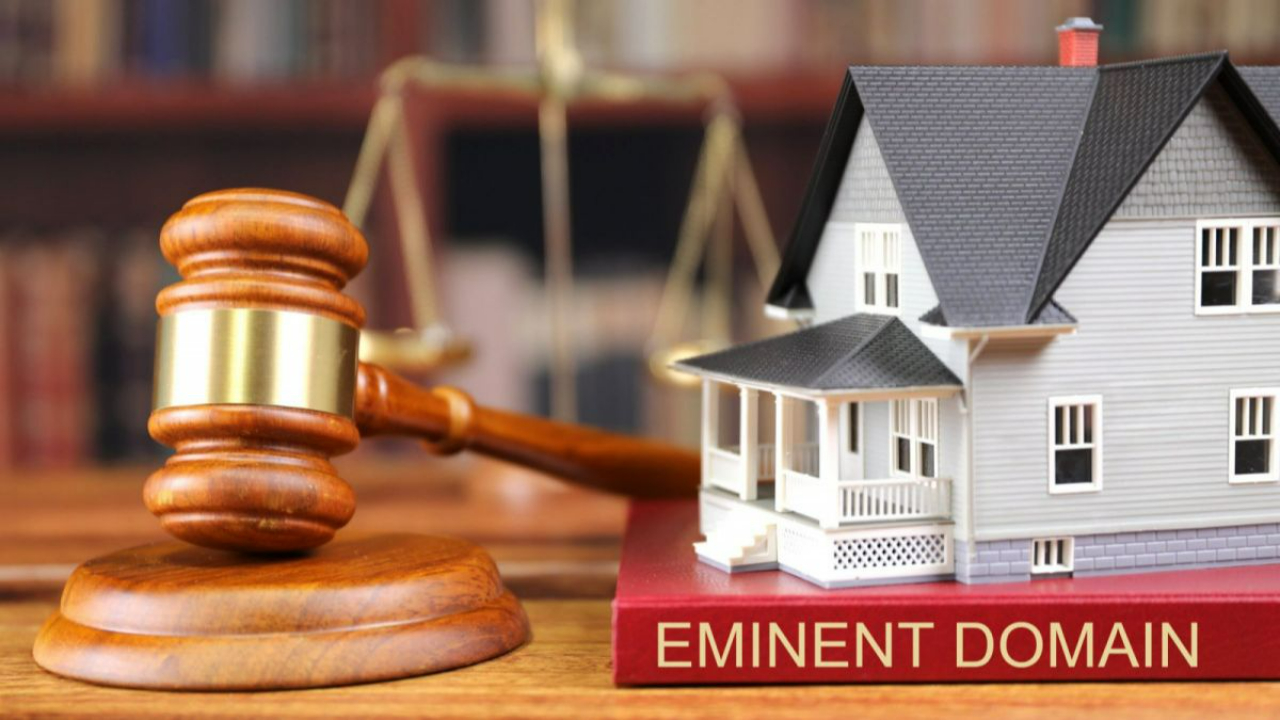What Is Eminent Domain? A Property Owner’s Guide

For many property owners, few legal concepts are as unsettling as eminent domain. The idea that the government—or in some cases, a private entity acting under government authority—can take private property for public use may seem alarming. Yet eminent domain has long been a part of property law, balancing individual ownership rights with the needs of society. Understanding how it works is essential for any property owner who may face this situation.
Defining Eminent Domain
Eminent domain is the power of the government to take private property for public use, provided that the property owner receives just compensation. This authority stems from the Fifth Amendment of the U.S. Constitution, which states that no person shall be deprived of property without due process of law, nor shall private property be taken for public use without fair payment.
Public use is broadly defined. Traditionally, it included roads, schools, and government buildings. Today, it can also extend to utilities, public transportation projects, and even redevelopment efforts aimed at economic growth.
How the Process Works
The process of eminent domain typically follows these steps:
- Identification of Property – The government or authorized entity determines which land is needed for the project.
- Offer to Purchase – A formal offer is made to the property owner, based on an appraisal of fair market value.
- Negotiation – The owner can accept the offer, negotiate for a higher amount, or challenge the taking itself.
- Condemnation Proceedings – If no agreement is reached, the government may file a lawsuit to acquire the property through condemnation. A court then decides whether the taking is valid and what compensation is fair.
What Counts as Just Compensation?
Just compensation generally means the fair market value of the property at the time of the taking. However, determining this value is not always straightforward. Factors such as comparable property sales, location, and potential uses can influence the final figure. In some cases, disputes arise when owners believe the government’s valuation is too low. Having an attorney and independent appraisal can make a significant difference in ensuring property owners receive the compensation they deserve.
Can Property Owners Challenge Eminent Domain?
Yes, property owners have rights. Challenges often focus on whether the taking truly serves a valid public purpose or whether the compensation offered is inadequate. For example, if the property is being transferred to a private developer, the owner may argue that the project doesn’t meet the requirement of “public use.” Courts weigh these arguments carefully, though recent cases have shown that public benefit, such as job creation or economic revitalization, can satisfy the requirement.
Why Legal Guidance Is Crucial
Eminent domain law is highly complex, involving constitutional principles, state statutes, and local regulations. Property owners facing condemnation should seek legal counsel early in the process. An experienced attorney can help evaluate the fairness of the offer, gather evidence for higher valuation, and, if necessary, challenge the taking in court.
Final Thoughts
Eminent domain can feel intimidating, but knowledge is power. By understanding the process, your rights, and the role of just compensation, you can better navigate the situation and protect your interests. While the government has the authority to take property for public purposes, property owners are not powerless—and with proper guidance, they can ensure fairness in the process.
For legal help in California and your other needs, contact BERYS LAW on this page. We also offer courses on real estate investing, landlording, and templates right here!
Stay connected with news and updates!
Join our mailing list to receive the latest news and updates from our team.
Don't worry, your information will not be shared.